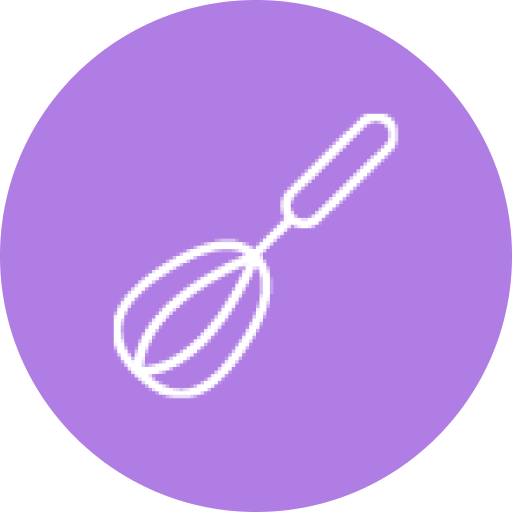15 Reasons to Eat Peanut Butter After Gastro Sleeve Surgery
With patients losing about 50% of their weight 18 to 24 months post-surgery, gastro sleeve surgery is one of the most effective surgical procedures for weight. It is suitable for people with severe obesity and can also help control conditions like type 2 diabetes.
After going through this surgery, expect your diet to change for long-term weight loss. As you weigh your food options, you may want to include peanut butter in your diet.
Peanut butter is full of essential minerals, vitamins, fiber, protein, and healthy fats. But what benefits would you get from this nutrient-dense food? Read on to find out.
1. Packed with Nutrients
Peanut butter has plenty of nutrients needed for a balanced diet. These nutrients include essential minerals and vitamins, fiber, healthy fats, and protein. You can add it to your foods to meet your daily dietary needs.
A 2-tablespoon serving of peanut butter contains 188 calories. It also has 16 grams of fat, 8 grams of protein, 7 grams of carbs, and 3 grams of fiber.
Minerals found in peanut butter include potassium, phosphorus, and magnesium. The vitamins include vitamin B9 (folate), vitamin B6, vitamin B3 (niacin), and vitamin E.
2. It's Versatile
Your outlook on food is going to change after undergoing gastro sleeve surgery. So, expect your doctor to advise you to lean towards more healthy food options.
This versatile food isn't just for sandwiches - try pairing it with smoothies, or even drizzling it over popcorn or using it in dessert pizza. You'll love all the creative ways to enjoy this healthy favorite!
3. Aids Weight Loss
Looking to enhance your surgical outcome? Don't underestimate the power of a simple PB&J. Peanut butter's protein content packs a punch when it comes to controlling your appetite. With its ability to keep you feeling full, snacking between meals will be a thing of the past. Plus, incorporating peanut butter into your diet in moderation can lead to gradual long-term weight loss.
4. Helps in Recovery
Expect to spend one to two days in the hospital after undergoing this type of surgery. Once the doctor discharges you, they will recommend you stick to a healthy lifestyle for recovery. As such, you need to follow a healthy diet and workout plan.
Including peanut butter in your diet can improve your recovery timeline as it contains amino acids that help your abdominal muscles stay healthy, grow and recover. And even when you engage in exercise, it can help improve physical performance.
5. Pain Control
You may feel some mild pain at the incision site after surgery. It's also common to experience shoulder and neck pain. This happens when the body takes in the gas used in the surgical procedure.
The doctor will administer oral medications to relieve pain. Along with medications, certain foods can help reduce inflammation at the incision site.
Peanut butter contains linoleic acid, an omega-6 fatty acid known for its anti-inflammatory properties. It also has a low glycemic index, which helps manage pain.
Eating peanut butter can help you reach that recommended daily dietary requirement for magnesium. And magnesium helps reduce inflammation in the body.
6. Low in Carbs
Eating more carbohydrates than what your body needs can cause excessive weight gain. As such, your doctor will recommend that you limit your daily carb intake.
With only 20 percent carbs in their natural form, these little nuts are a powerhouse of protein and filling fiber. By incorporating them into your low-carb diet, you'll stay satisfied for longer and be able to manage your carb intake like a pro. Your body (and your taste buds) will thank you!
7. High in Healthy Fats
With its heart-healthy fats and impressive nutrient profile, peanut butter is a fantastic source of healthy fats that your body needs after surgery. What's great about it is that it caters to an even wider range of diets; veggie lovers can rejoice because peanut butter is vegetarian-friendly.
Half of the healthy fats found in peanut butter comprise oleic acid, which can work wonders in improving insulin sensitivity and facilitating weight loss. Moreover, those heart-healthy fats can help reduce the risk of heart disease by promoting cardiovascular health.
8. Supports Weight Maintenance
Did you know that peanut butter can actually be a helpful tool in maintaining a healthy weight as a gastro sleeve surgery patient? Despite its reputation as a high-calorie and high-fat food, peanut butter is metabolized in a unique way that your body can't fully absorb all the calories.
This means that you can still indulge in a spoonful (or two) without throwing off your calorie count. Don't be afraid to add this tasty spread to your diet, as it can lower your BMI and help you on your road to recovery.
9. Preserves Muscle Mass
Did you know that losing muscle mass can slow down your metabolism and make it difficult for your body to absorb essential nutrients? If you're trying to lose weight, it's important to maintain stable muscle levels. Fortunately, a high-protein diet can help you do just that! Foods like peanut butter are great sources of amino acids that can repair muscles and boost your metabolism. So why not add some peanut butter to your diet and reap the benefits of a healthy, protein-packed lifestyle?
10. Reduces Risk of Heart Disease
Did you know that patients with heart disease should avoid gastro sleeve surgery? The operation and anesthesia can cause some serious complications that affect blood pressure and heart rate. Furthermore, undergoing this surgery can actually put you at risk of developing heart disease. While surgery may seem like a quick fix, taking care of your lifestyle choices can make a huge difference in managing heart disease.
One simple way to boost your heart health is by incorporating peanut butter into your diet. This tasty spread is packed with antioxidants that help keep your blood vessels relaxed and your blood flowing smoothly. Plus, the monounsaturated and polyunsaturated fatty acids in peanut butter can further improve your heart health.
To complement your dietary efforts, it's also important to establish a regular workout routine that will keep you fit and healthy.
11. Manages Blood Sugar Levels
As you recover from surgery, you need to watch your blood sugar levels. A sudden spike in glucose levels will put you at risk of type 2 diabetes. And it will take longer for you to recover.
Peanut butter is packed with essential fats and protein and is low in carbs and added sugars. It is also rich in magnesium. Eating healthy peanut butter can aid in weight maintenance and protect you from the risk of type 2 diabetes.
12. Contains Anti-Cancer Properties
Eating a balanced diet filled with cancer-fighting antioxidants like vitamin E, B, and magnesium can help protect your health. Peanuts are an excellent choice for fighting off cell damage as they possess coumaric acid and resveratrol - two powerful substances that limit the growth of cancerous cells by cutting their blood supply.
Incorporating peanuts into your healthy lifestyle could have invaluable benefits in mitigating potential risk factors related to chronic diseases such as cancer.
13. Rich in Dietary Fiber
After bariatric surgery, you will take in less food to help in weight loss. Without monitoring your fiber intake, you are likely to have less frequent bowel movements and constipation. Eating fiber-rich foods can help you avoid this problem.
Peanut butter is rich in dietary fiber. Combining it with foods like pancakes or waffles can prevent constipation. It's also a great way to maintain healthy bowel movements.
14. Helps Prevent Nausea
Feeling queasy from pain medication and sensitivity to smells? You're not alone. Postnasal drip, fullness, and dehydration can add to the discomfort. Don't suffer in silence – your doctor can offer anti-nausea meds and IV fluids to help. But if you're looking for natural remedies, try sniffing peppermint oil and avoiding strong scents in skincare and fragrance. And for a protein-packed energy boost, reach for some peanut butter. It's a satisfying and easy way to keep nausea at bay.
15. Curb Anemia
Did you know that gastric sleeve surgery can put patients at risk of anemia? While the surgery reduces the stomach size, it also limits the body's ability to absorb iron. This can lead to weakness, fatigue, and paleness. But don't worry, there are ways to prevent this issue.
Taking a bariatric-specific multivitamin and adding iron-rich foods like peanut butter to your diet can help prevent the onset of anemia. By being proactive, you can ensure a healthy recovery from your bariatric surgery.
Buy Peanut Butter for Gastro Sleeve Surgery Today
A spoonful of peanut butter can give you essential nutrients that can help you recover from gastro sleeve surgery. The protein-rich food will also keep you full, reducing your food intake.
Let American Dream Nut Butter satisfy your sweet tooth with high-protein, low-carb nut butter. Each jar contains handcrafted nut butter. Visit our online shop today to check out our offerings.
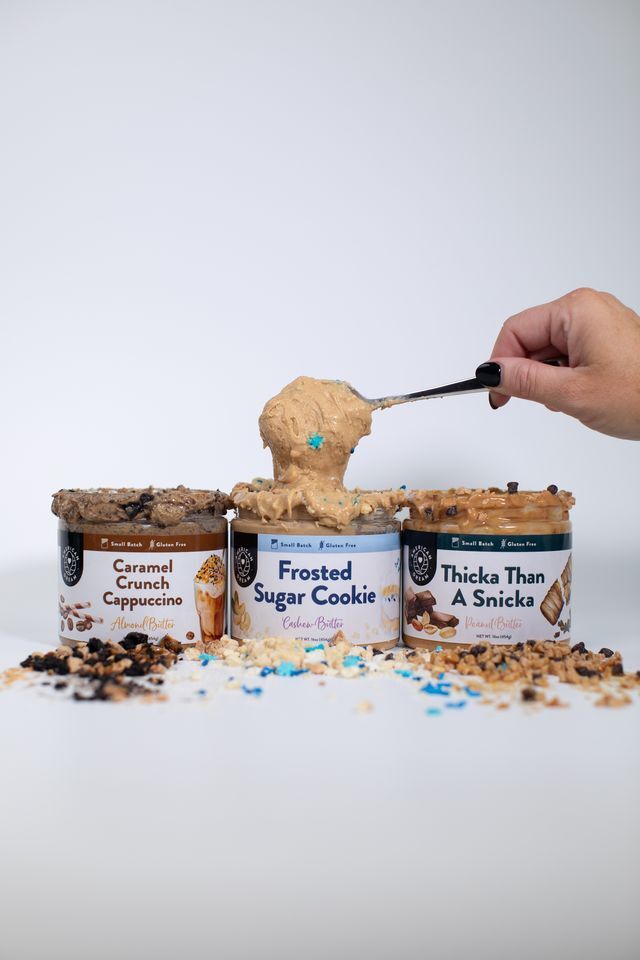 All Nut Butters
All Nut Butters
 Newest Flavors!
Newest Flavors!
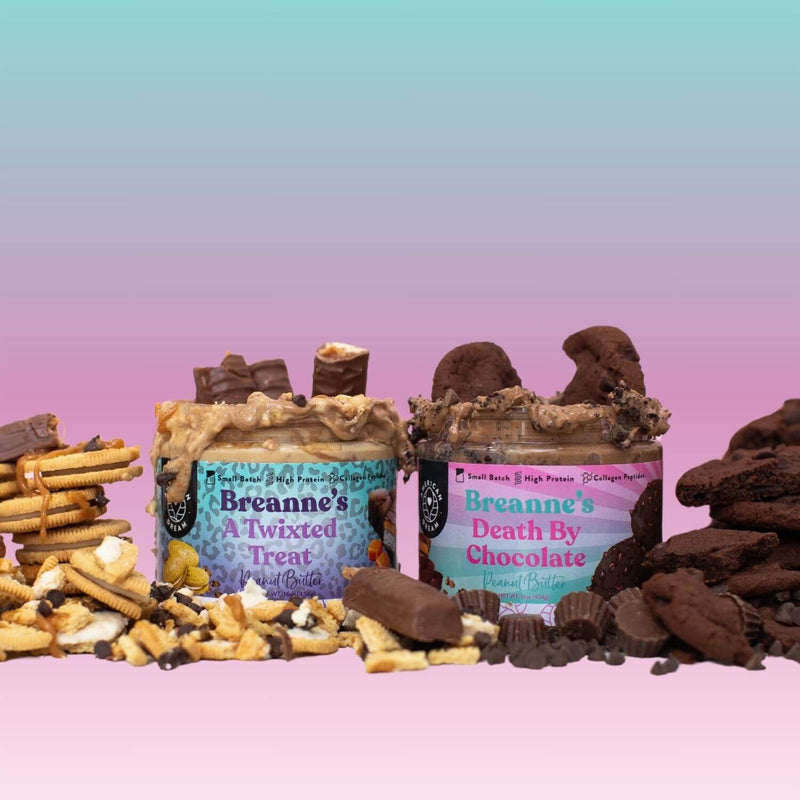 High Protein
High Protein
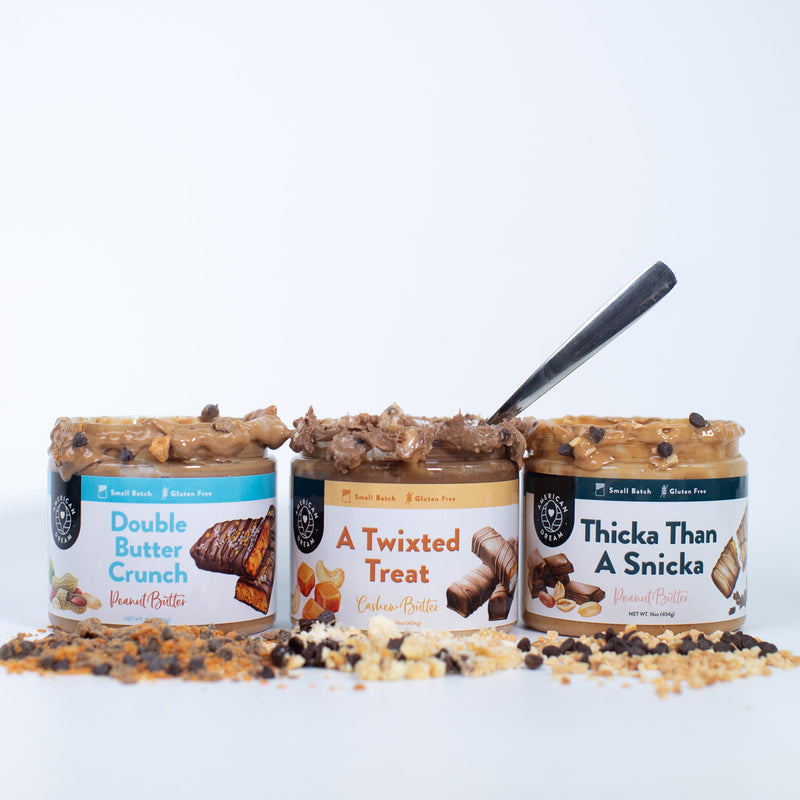 Butter Bundles
Butter Bundles
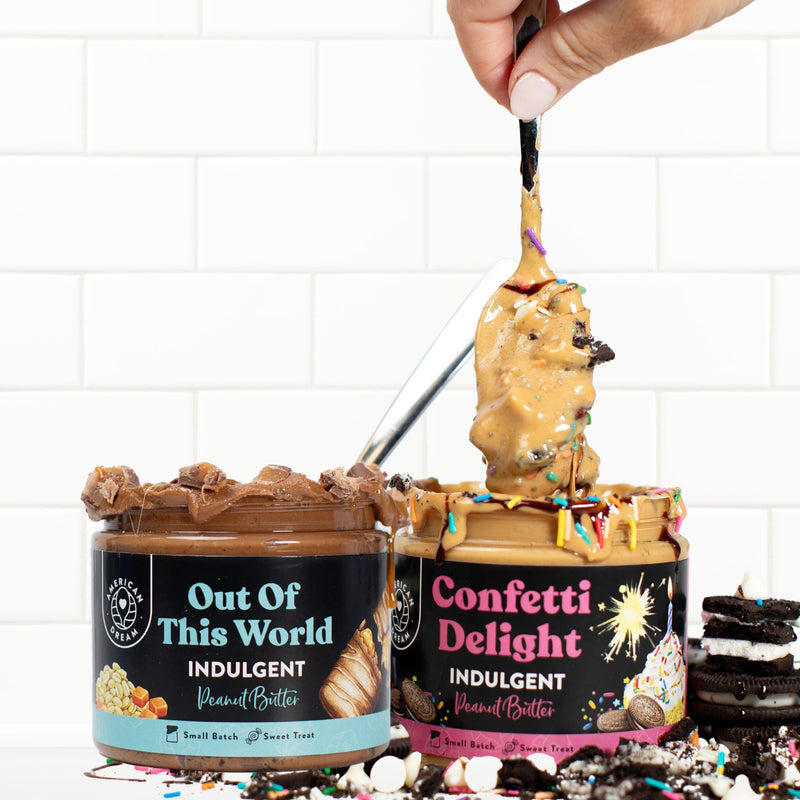 Indulgent Butters
Indulgent Butters
 Cookies
Cookies
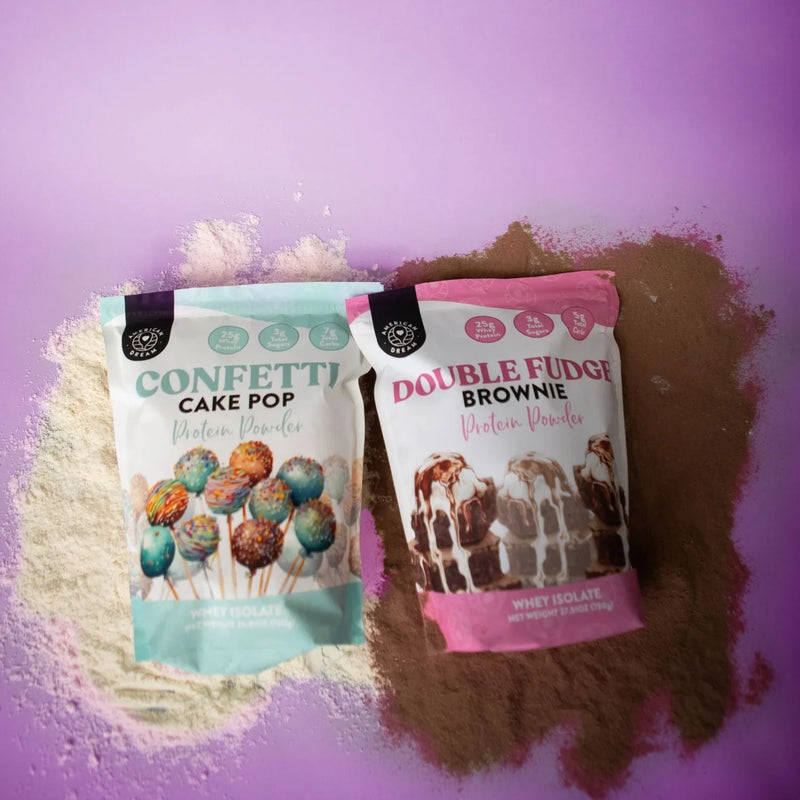 Nutrition
Nutrition
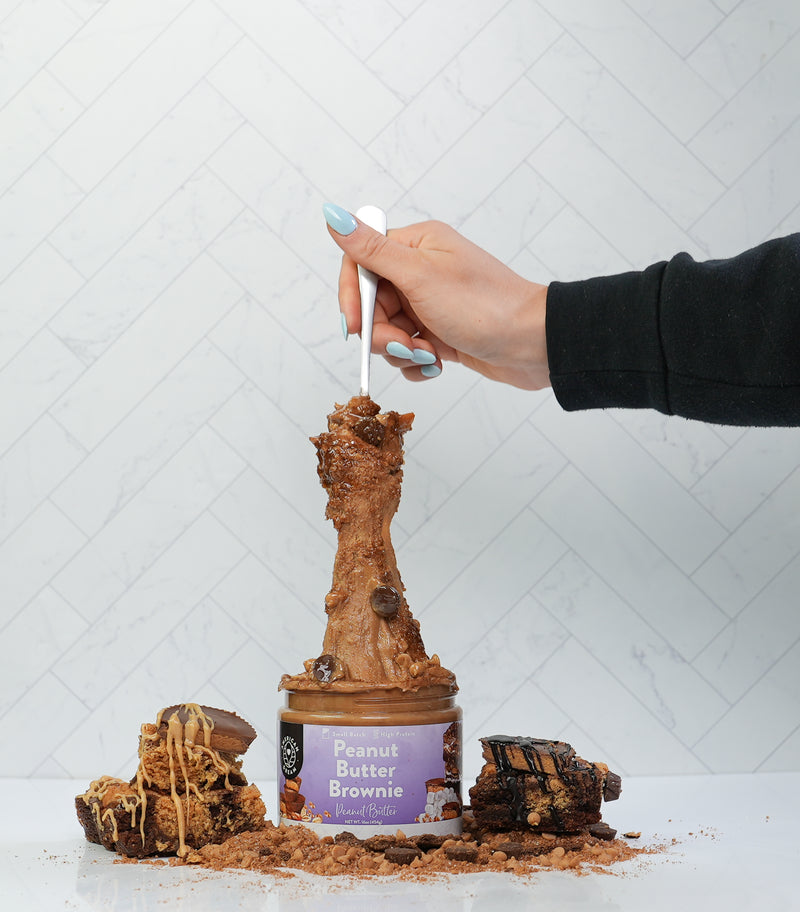 Retiring Soon
Retiring Soon
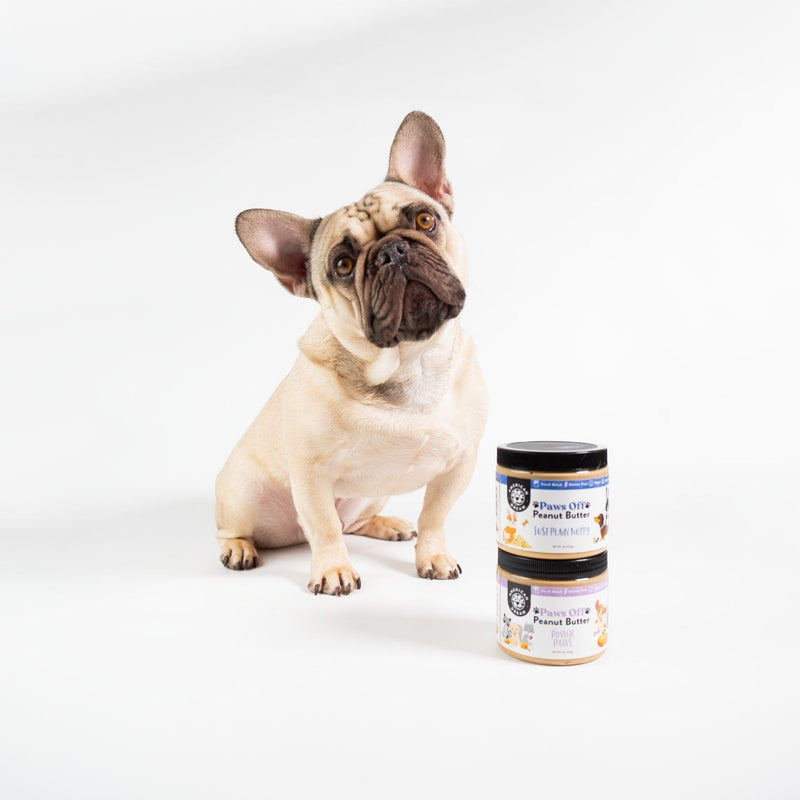 Paws Off
Paws Off
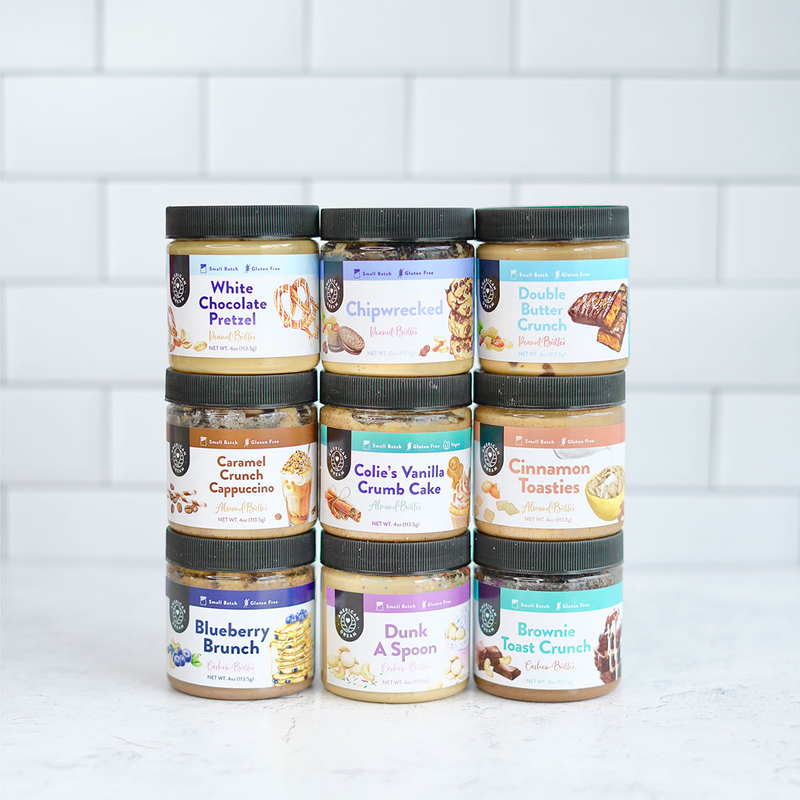 Sample Sizes
Sample Sizes
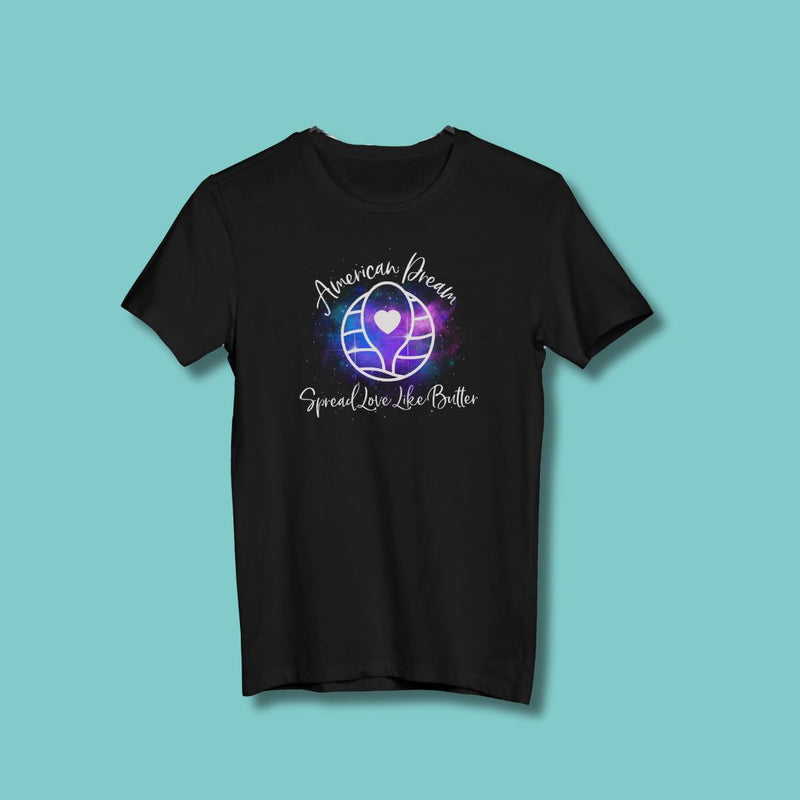 Merch
Merch
 Gifting
Gifting
